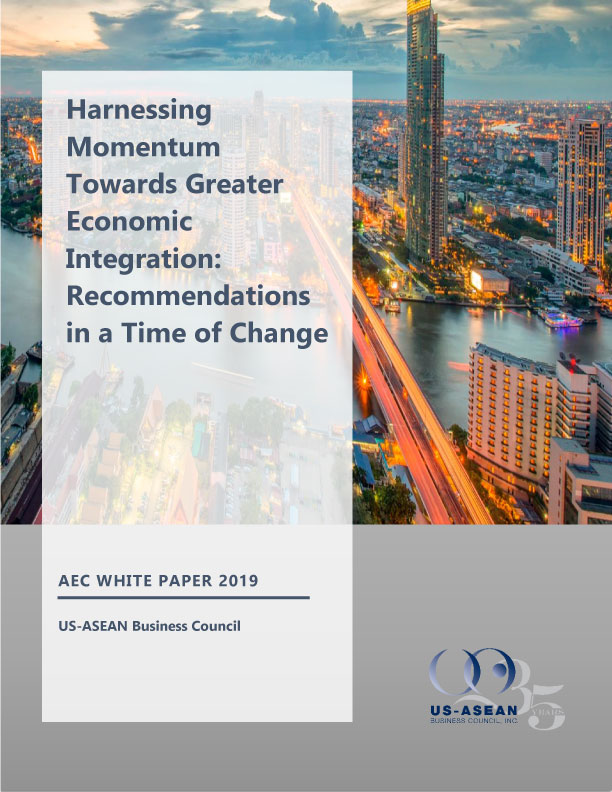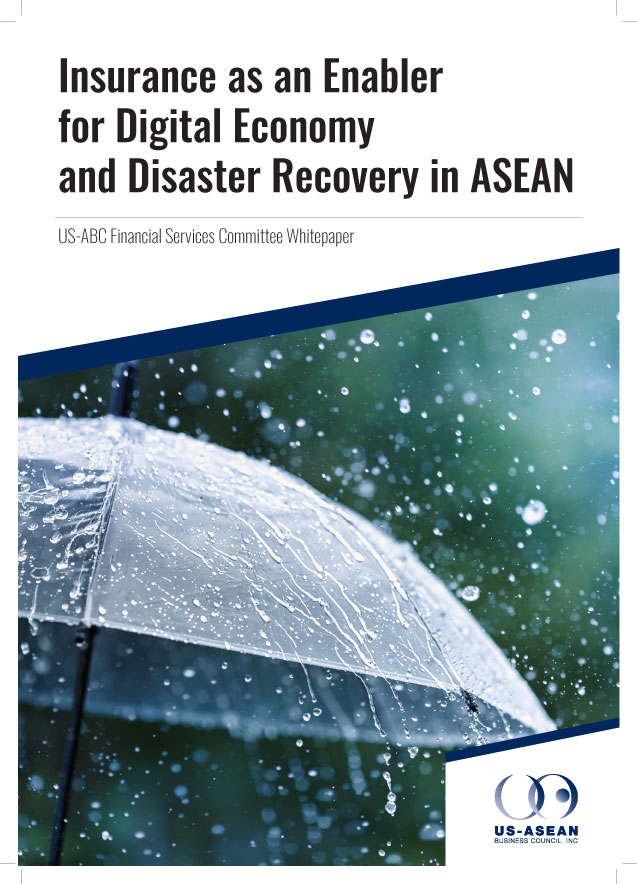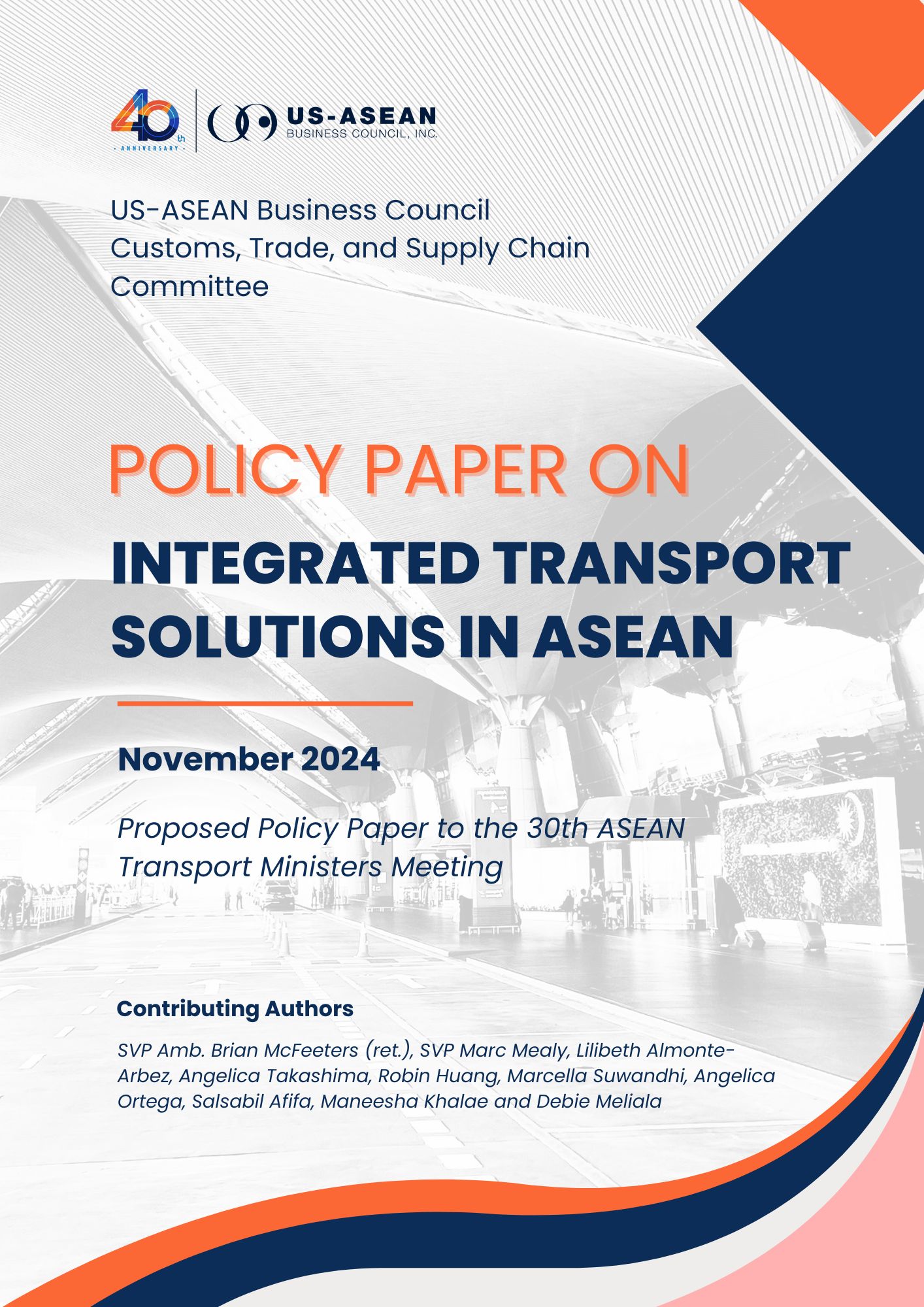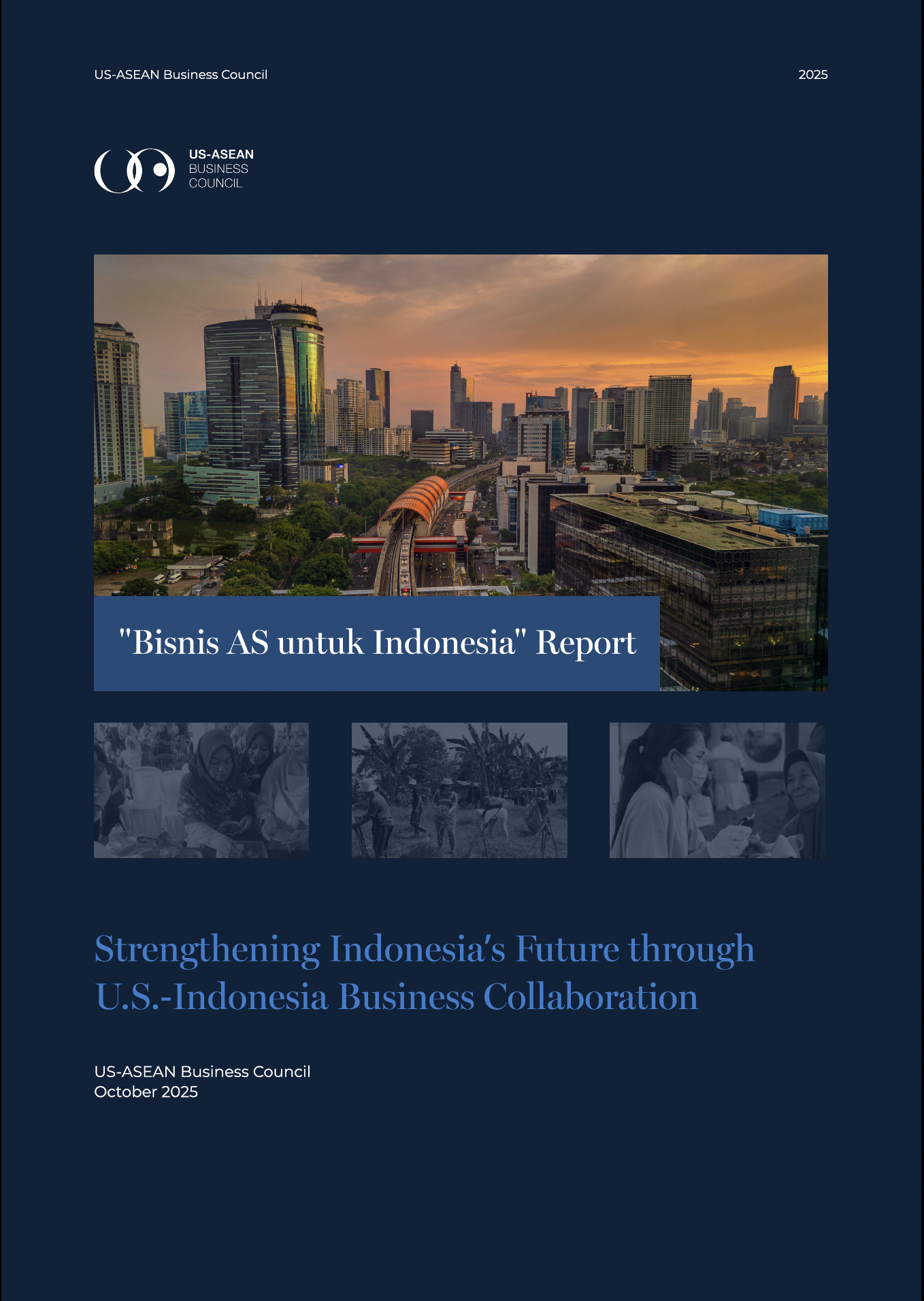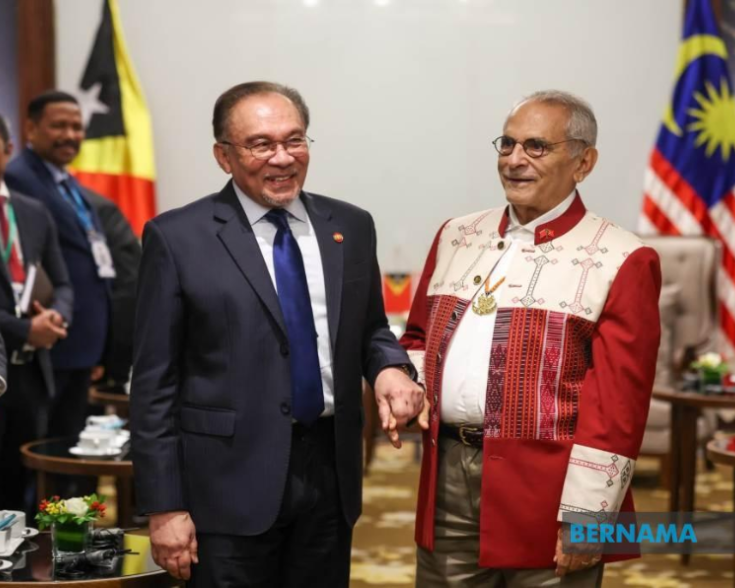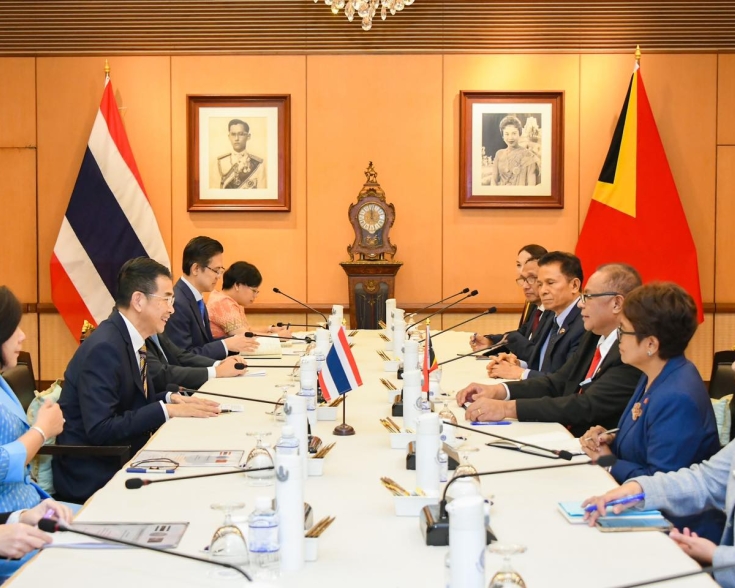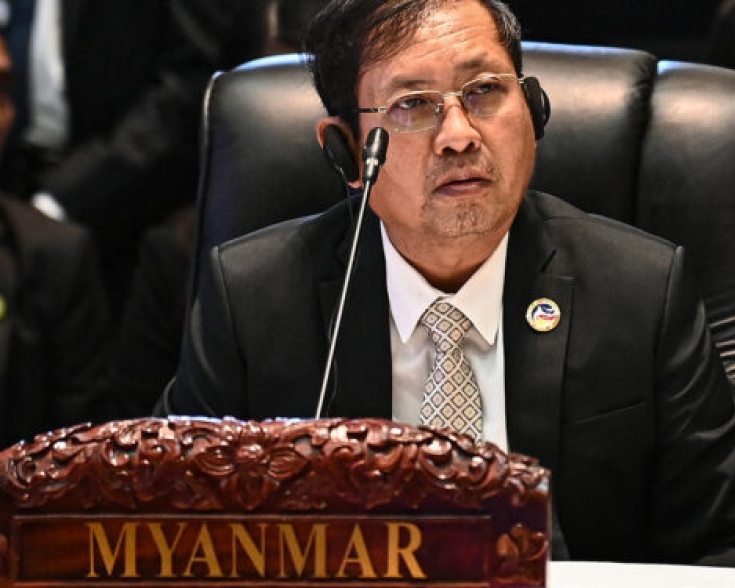Government Finalizes Implementing Rules and Regulations for the PPP Code, Welcomes Strategic Investments

On March 21, the Philippines completed the Implementing Rules and Regulations (IRR) of the Public-Private Partnership (PPP) Code, which was signed into law in December 2023. The PPP Code and its IRR are designed to institutionalize PPPs in the Philippines by offering a consolidated legal structure for all PPPs, whether at the national or local levels. This legislation addresses ambiguities in other existing PPP legal frameworks, including the Build-Operate-Transfer (BOT) Law.
The updated policy framework aims to strengthen the country’s investment ecosystem by improving PPP governance, streamlining the investment process, reducing project approval times, and introducing more transparent guidelines, ultimately encouraging more collaborations between the public and private sectors. One salient feature of the PPP code is that certain projects, particularly those valued under PHP 15 billion, will no longer necessitate approval from the NEDA board chaired by the President. This will help ensure that PPP projects are approved within 120 days. According to Finance Secretary Ralph Recto, the PPP Code and its IRR will directly bolster the administration's Build Better More initiative by facilitating a continuous flow of strategic and high-caliber investments that will directly benefit all Filipinos.
Immediately following the IRR signing, around 20 unsolicited proposals under PPPs were expected to be submitted to the National Economic and Development Authority Investment Coordination Committee (NEDA-ICC) for approval within the current year. Furthermore, the PPP center anticipates more unsolicited proposed as a resulted of transparent procedures. As of December 2023, the PPP Center had 109 projects, amounting to a total of PHP 2.4 trillion, in the pipeline. The implementation of the IRR is likely to expedite the approval and implementation of these projects.
The administration is demonstrating a robust momentum for reform. The PPP code represents only one aspect of the government’s comprehensive efforts to tackle regulatory barriers, streamline investment approvals for a more favorable business environment.


